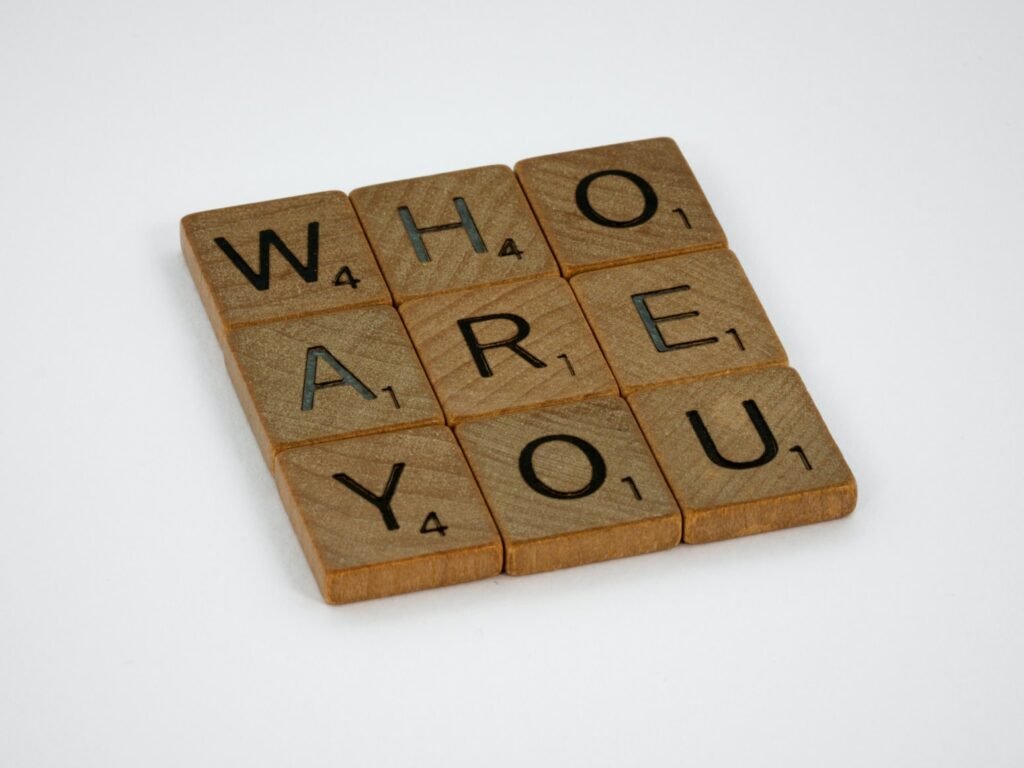C’est avec une certaine colère et beaucoup de perplexité que les contemporain·e.s féministes de Félix Guattari, psychiatre à La Borde et militant dans diverses associations de gauche, accueillirent en août 1975 le concept de « devenir-femme » qu’il venait de lancer dans un entretien pour La quinzaine littéraire. Un Devenir-femme ? porté par deux voix-hommes ? échangeable, qui plus est, avec « devenir-molécule » ou un « devenir-imperceptible » ? C’est en le déplaçant du côté de l’homosexualité ou du côté d’agencements politiques et de groupes-sujet que ces termes-outils deviennent autrement lisibles, nouvellement utiles. Ce séminaire propose de réinterroger le verbe « devenir » à bonne distance de son emploi beauvoirien (également revisité) afin d’en questionner et d’en retraduire les déclinaisons dans la langue 2022. Guattari, avec Deleuze, repensent les luttes féministes et proto-queers au voisinage d’autres flux de désir, avec d’autres définitions des « minorités », non comptables. Comment relire Guattari et ses puissances mili/tantes en 2022, comment retracer les lignes d’évasions, les « cavales », les « vies non-œdipiennes de l’inconscient » et les machines qui ne marchent que détraquées ?
Validation : un examen (commentaire de texte avec questions—trois textes au choix) en fin de semestre. Choix de langue (anglais ou français) possible.
The concept of “becoming-woman”, launched in 1975 in an interview given to La Quinzaine littéraire by philosopher activist and psychotherapist at the experimental clinic of La Borde Félix Guattari, filled contemporary feminists with angry and perplexed feelings. A “becoming-woman”, lourished by a couple of men ? Rendered echangeable with a « becoming-molecule » and a « becoming-imperceptible », to crown it all? Once repositioned in the context of LGBT movements, revisited as a political assemblage involving group-subjects, these terms allow for new readings and novel affordances. This seminar aims at readdressing the verb « to become » (to « turn »), at a proper distance from Beauvoir-inspired uses of the term (also approached), in order to reassess new political declensions, re-translated in the language of 2022. Guattari, along with Deleuze, has recast feminist and crypto-queer struggles in the vicinity of other flows of desire, with new definitions for what « minority » may signify as a non-countable entity. How can one usefully reread the Guattari corpus and its militant forces in 2022? How can one summon up new runaway lines, scape-hatches, non-Oedipal lives of ht unconscious, new machines which only function when dysfunctional?
Evaluation: a final exam paper: a short essay on a text extracted from the Guattari corpus (choice of three texts, one of them in English translation), with guiding questions. Language of exam left to the choice of the student (English or French).
Duration: 6 days on site

